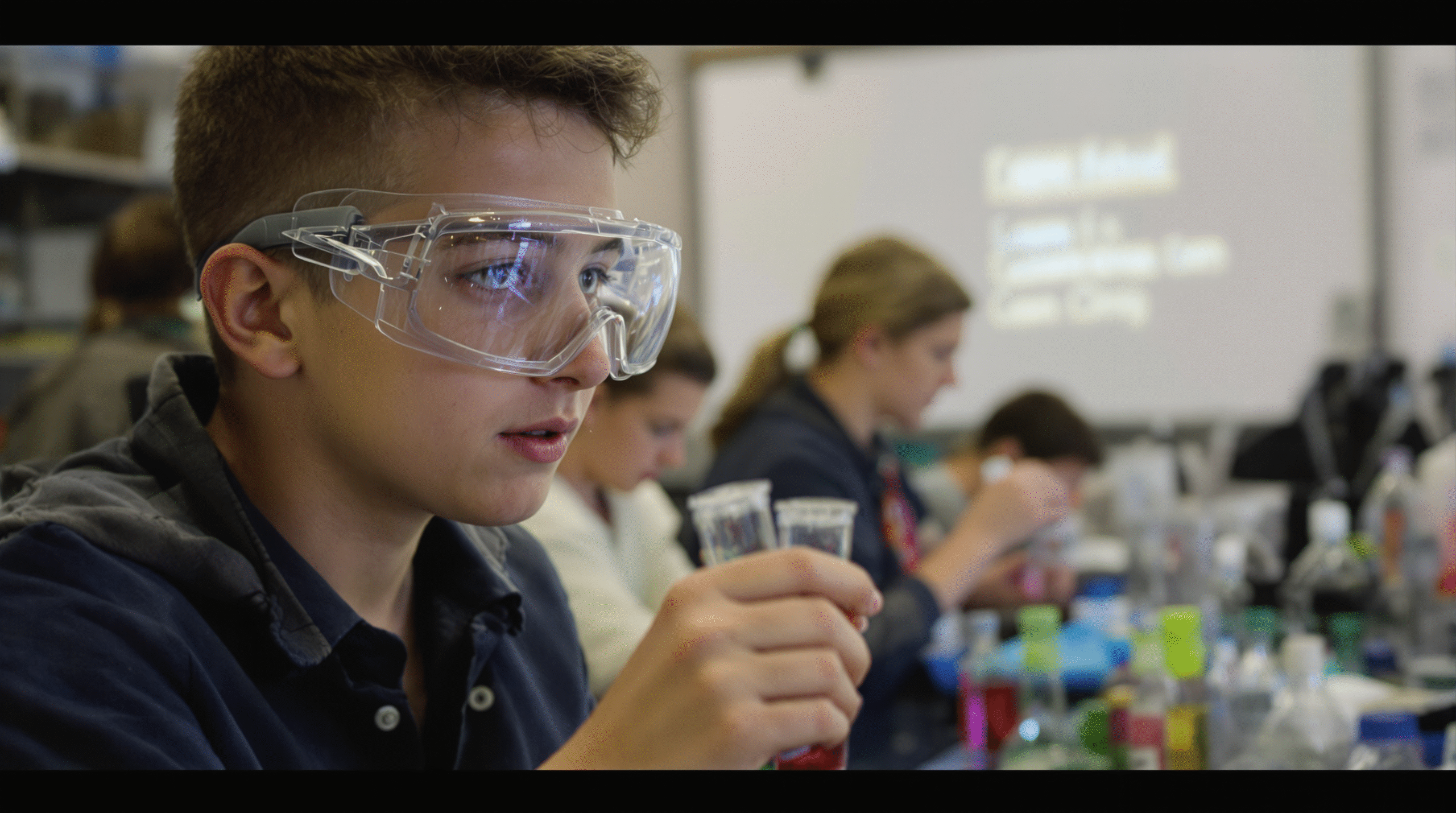
Experiential Learning
What it is:
Experiential Learning is a pedagogical approach that prioritizes learning through direct experience and reflection. It’s based on the belief that people learn best by doing. Rather than passively receiving information, students actively engage in real-world or realistic tasks and activities, and then critically reflect on their experiences to gain insights and deepen their understanding.
The widely recognized Experiential Learning Cycle by David Kolb involves four stages: Concrete Experience (doing/having an experience), Reflective Observation (reviewing/reflecting on the experience), Abstract Conceptualization (concluding/learning from the experience), and Active Experimentation (planning/trying out what you have learned). This iterative cycle promotes deep and lasting learning.
It is a cornerstone of the new KKU Learning Paradigm and strongly supported by Education 4.0’s emphasis on practical application and real-world problem-solving.
How to implement it:
Implementing Experiential Learning requires designing activities that provide students with hands-on engagement. Examples include internships or cooperative education programs where students work in real companies, community-based projects addressing local needs, fieldwork or research in authentic settings, simulations or role-playing challenging scenarios, analyzing and solving real-world case studies, conducting action research, or engaging in complex laboratory experiments.
The key is to clearly connect these activities to the theoretical knowledge taught in the classroom. Faculty play a crucial role in preparing students before the experience (e.g., providing necessary background knowledge, explaining observation or data collection methods).
During the activity, faculty act as mentors, providing guidance and posing questions to stimulate reflection. After the activity, faculty must facilitate discussions or reflection sessions to help students connect their practical experiences with theoretical concepts, summarize lessons learned, and plan for future application.
Assessment in experiential learning considers the process, the outcomes of the practical engagement, and the student’s ability to reflect and learn from their experience.
Practical Tips for Implementation:
- Identify Relevant Experiences: Brainstorm real-world tasks, problems, or projects that align with your course learning objectives.
- Build Community Partnerships: Collaborate with businesses, NGOs, government agencies, or community organizations to create authentic experiential opportunities like internships or service-learning projects. KKU’s focus on engagement with the region provides ample opportunities here.
- Structure the Experience: Provide clear guidelines, objectives, and expectations for the experiential activity. Ensure students understand the connection between the experience and course content.
- Integrate Reflection: Design structured opportunities for reflection, such as journaling, group discussions, presentations, or written reports, where students analyze their experiences and articulate their learning.
- Provide Support and Guidance: Be available to mentor students during their experiential activities, offering advice, support, and constructive feedback.
- Assess Holistically: Develop assessment criteria that evaluate not only the final product or outcome but also the student’s process, critical thinking, problem-solving skills, and ability to reflect and learn from the experience. Consider using portfolios or presentations to showcase their learning journey.
- Utilize Campus Resources: Leverage campus facilities like laboratories, workshops, or simulation centers to provide hands-on experiences within the university setting.
- Guest Speakers: Invite industry professionals or community leaders to share their experiences and connect classroom learning to real-world applications.
Its value and benefits:
Experiential Learning is invaluable in preparing KKU graduates to be competent and ready for the modern world.
Strengthening “Wittaya” (Knowledge & Skills)
It develops the ability to apply theoretical knowledge in practical situations, enhancing problem-solving skills, teamwork in real environments, and professional communication. Hands-on experience makes learning more meaningful and increases motivation.
Cultivating “Jariya” (Ethics & Characters)
It exposes students to real-world challenges, fostering perseverance, responsibility, integrity, and professionalism. These attributes are essential for career success and responsible citizenship.
Sparking “Panya” (Wisdom)
It encourages critical analysis of complex situations, seeking innovative solutions, and learning from both successes and failures. These experiences build sound judgment and continuous adaptability.
Experiential learning strongly aligns with Education 4.0’s demand for graduates with diverse skills, technological fluency, and creative problem-solving abilities. By promoting Experiential Learning, KKU invests in producing high-quality graduates who are prepared to be key drivers of development in Thailand and the region, contributing sustainably to society.
This approach also helps bridge the gap between academic learning and workforce demands, improving graduate employability.
